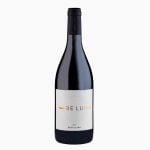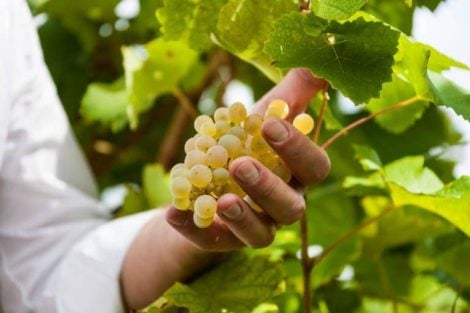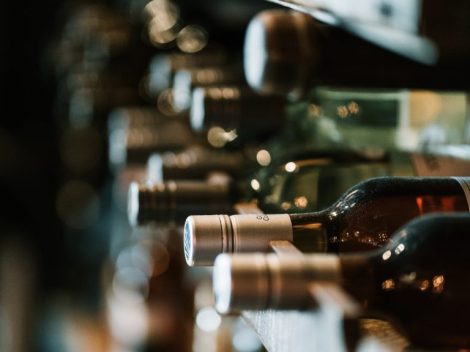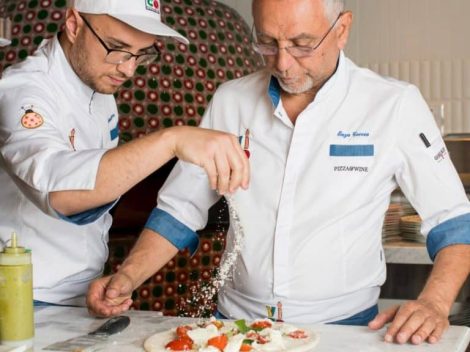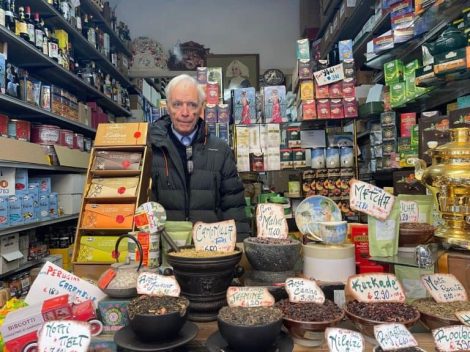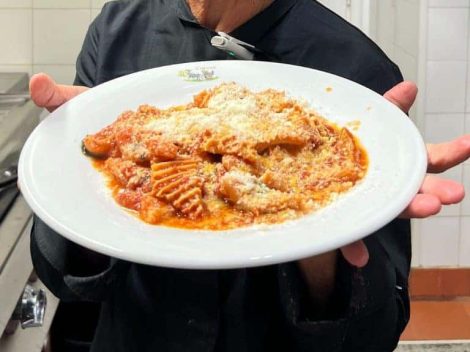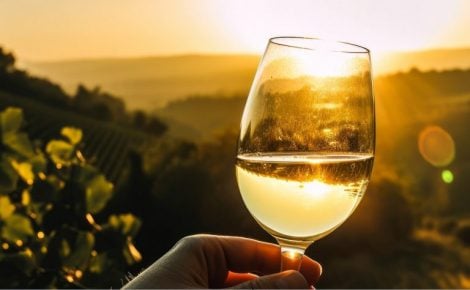by Carlotta Sanviti
There are three islands significant to Napoleon Bonaparte: Corsica, his birthplace; Elba, the site of his first exile—where his escape marked the beginning of the Hundred Days and his march on Paris; and finally, the island of Sant'Elena, where he spent his final exile. Much has been told about this historical figure: he was said to be a brilliant strategist but a mediocre chess player, a lover of singing—but not exactly a nightingale—and dancing, and he had a soft spot for wine, despite not being a heavy drinker. During his last exile, deprived of the French reds he loved, he found solace in a South African sweet wine, Vin de Constance, the last wine the Emperor sipped. This wine has become the focus of an extensive investigation by Gelasio Gaetani d'Aragona Lovatelli, an eclectic figure in the world of wine and a writer. In his journey to the far-flung island of Sant'Elena—a tiny speck in the South Atlantic Ocean—d'Aragona not only retraced Bonaparte's final days through Vin de Constance, but also explored the connection between the Emperor's life and the world of wine, revealing new perspectives on such a complex historical figure.
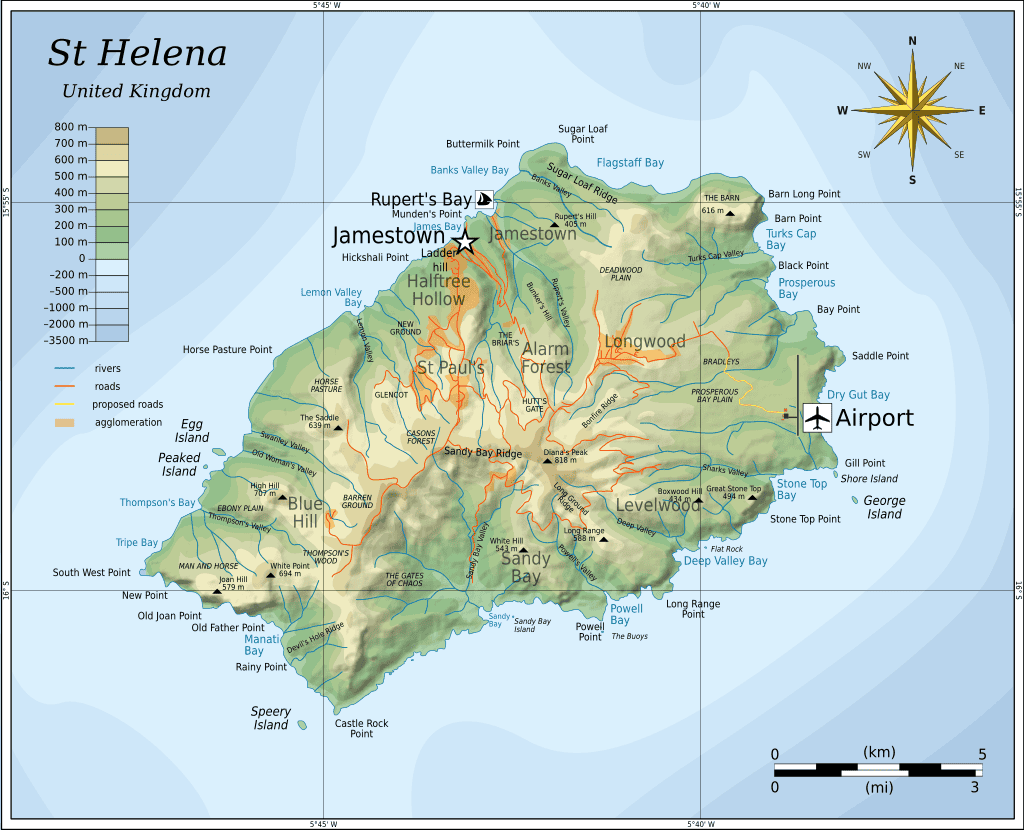
Napoleon's last wine
Lovatelli, after spending nearly a month on Sant'Elena to complete his travel diary—set to be published in 2025—describes the island as a place where wine production was unimaginable. For this reason, Napoleon, though not a great wine enthusiast due to his military upbringing, had it shipped from South Africa. During his final exile, the British had blocked the import of fine French wines, forcing the Emperor to find a suitable alternative. The only wine that could be served was the South African Vin de Constance, made from Muscat grapes. While it did not have the taste of great Pinot Noirs or Sauvignon Blancs, it managed to meet his needs for conviviality and decorum.
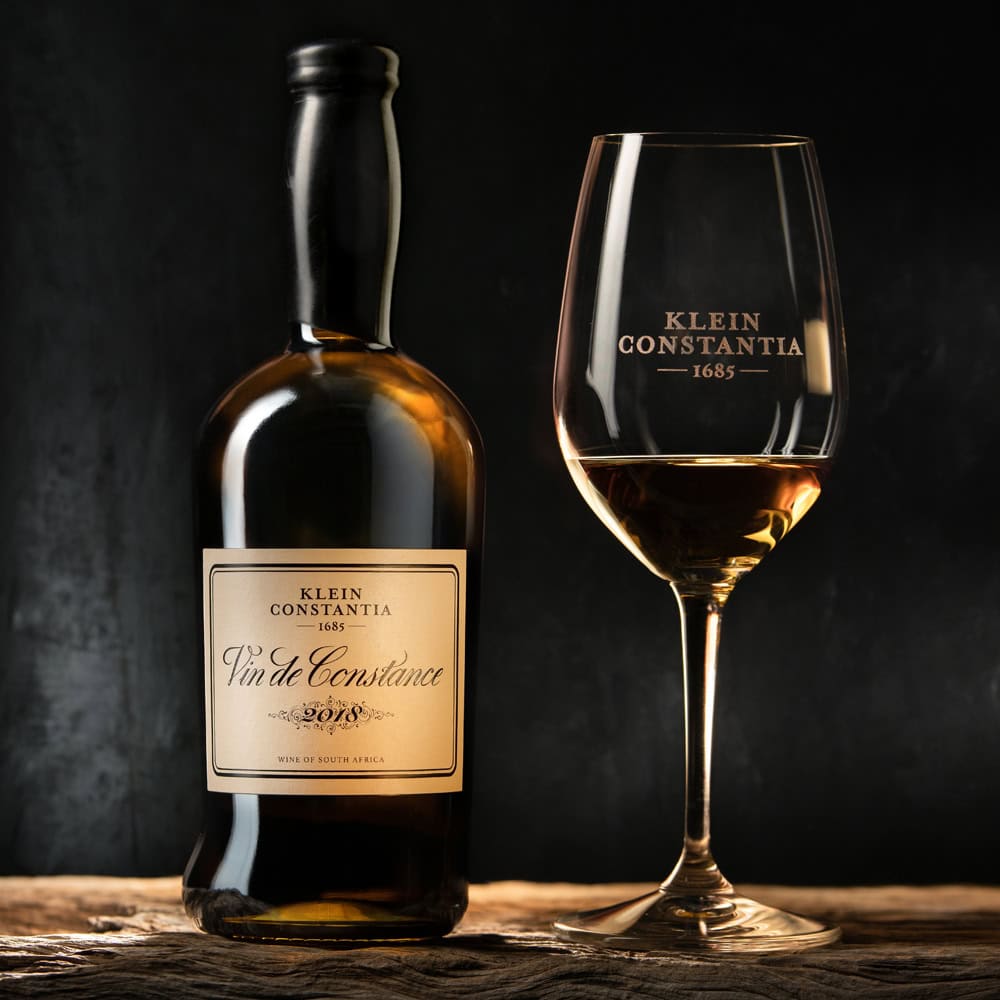
The wine for contemplation
Although not a great connoisseur, the Emperor had a passion for wine that reflected his pursuit of greatness and refinement, even in the saddest moments of his life: on the island, he fell into a deep physical and psychological decline that led to his death. On Sant'Elena, Napoleon insisted that his dinners be set up with pomp and ceremony, with women in elegant dresses and men in uniform—a distant echo of his golden age. "He was aware that wine was one of the monuments of France," d'Aragona emphasizes, noting how the Emperor deeply respected this tradition, even though he was not a heavy drinker. "He would sip," not drink greedily, and used his last wine "as a moment of contemplation."
The discovery of Vin de Constance
"I've always been fascinated by Sant'Elena," d'Aragona Lovatelli explains. "Ever since school, I was interested in it because it’s one of the most remote islands in existence." When the opportunity to visit the island arose with the opening of an airport (previously it was only accessible by sea, requiring long hours of travel), he didn’t hesitate to organize the trip. The journey to Sant'Elena is an adventure in itself: departing from Johannesburg, with a stop in Namibia, you reach the island after a turbulent three-and-a-half-hour flight over the ocean, with flights arriving and departing only once a week.
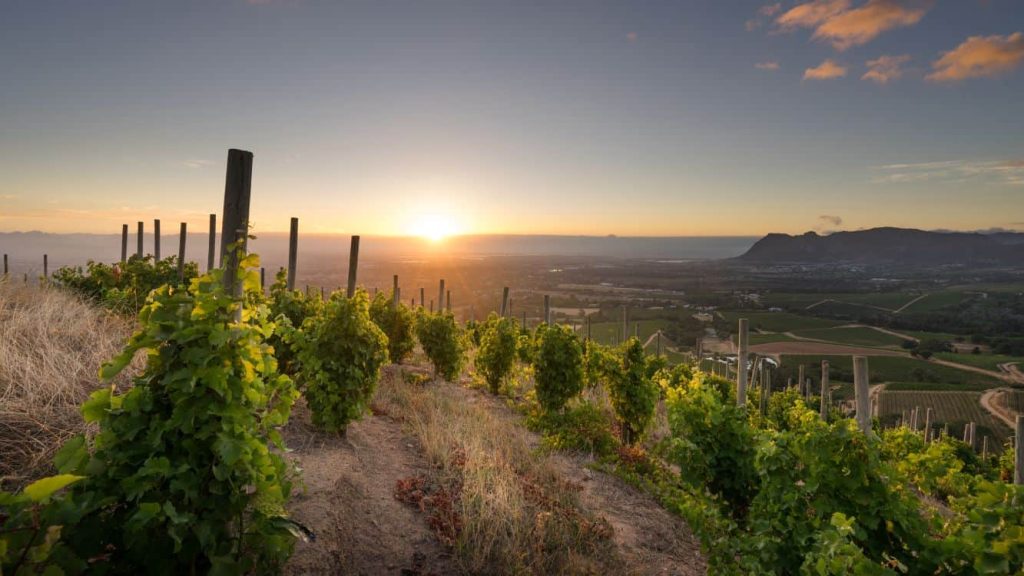
On the return journey from the island, d'Aragona visited Klein Constantia in South Africa, a winery active since 1685 and still producing Vin de Constance today. He connected with the world of South African wine, discovering the roots of that Muscat de Frontignan that so pleased Napoleon. According to legend, in his final moments, the Emperor requested this sweet wine, with its notes of white peach and dog rose, rejecting all food and water.

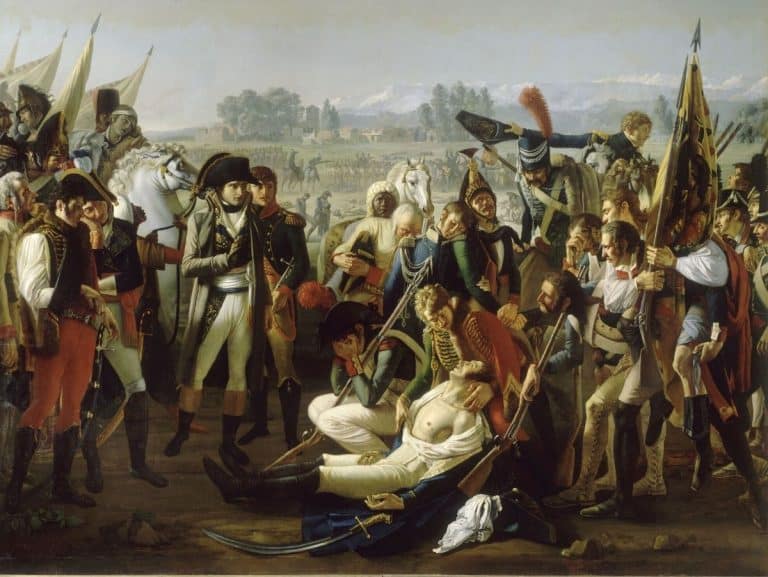
 Non-alcoholic wines? Call them what you want, but they’re still a derivative of wine.” An Interview with Martin Foradori
Non-alcoholic wines? Call them what you want, but they’re still a derivative of wine.” An Interview with Martin Foradori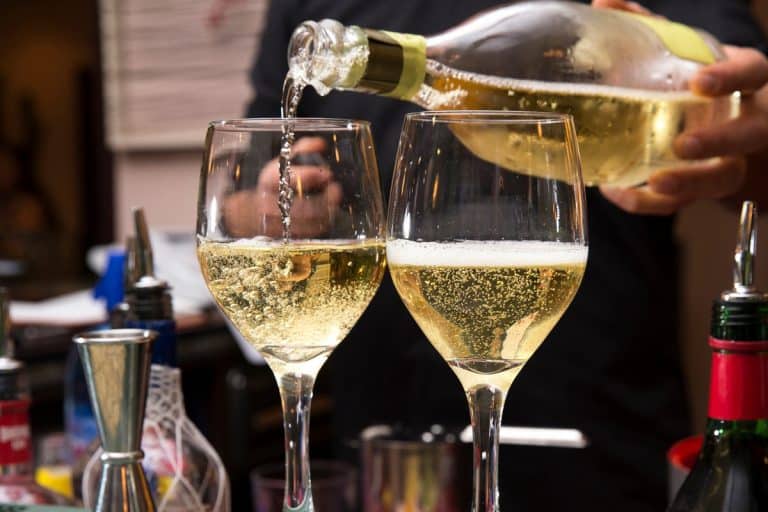 The 8 best Trentodoc wines chosen by Gambero Rosso
The 8 best Trentodoc wines chosen by Gambero Rosso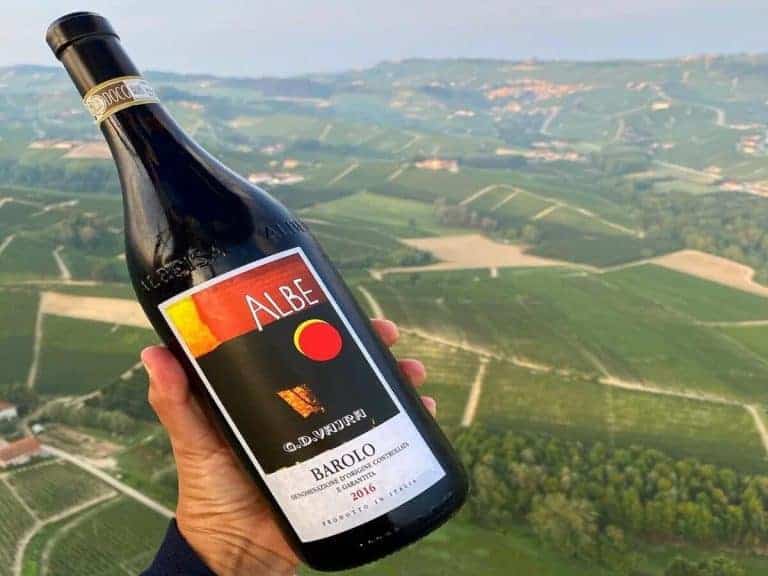 A Piedmont wine enters the top ten of Wine Spectator's "Top 100"
A Piedmont wine enters the top ten of Wine Spectator's "Top 100"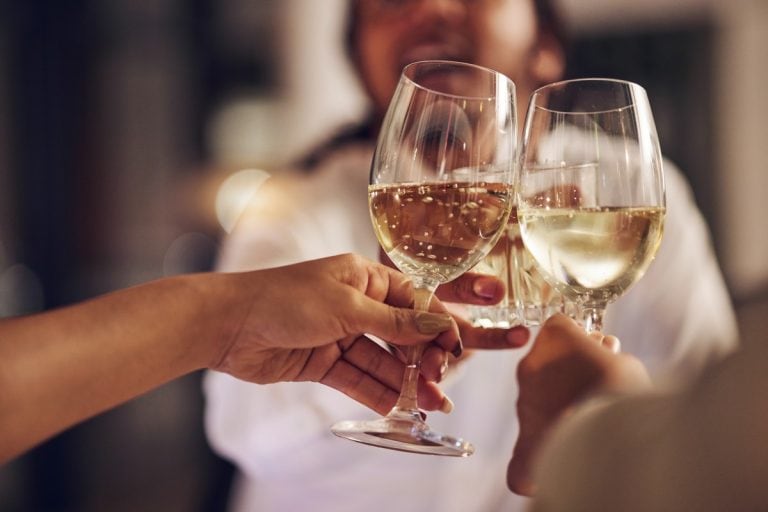 Sparkling wines surpass still wines in Italian out-of-home consumption. Most popular during the aperitif
Sparkling wines surpass still wines in Italian out-of-home consumption. Most popular during the aperitif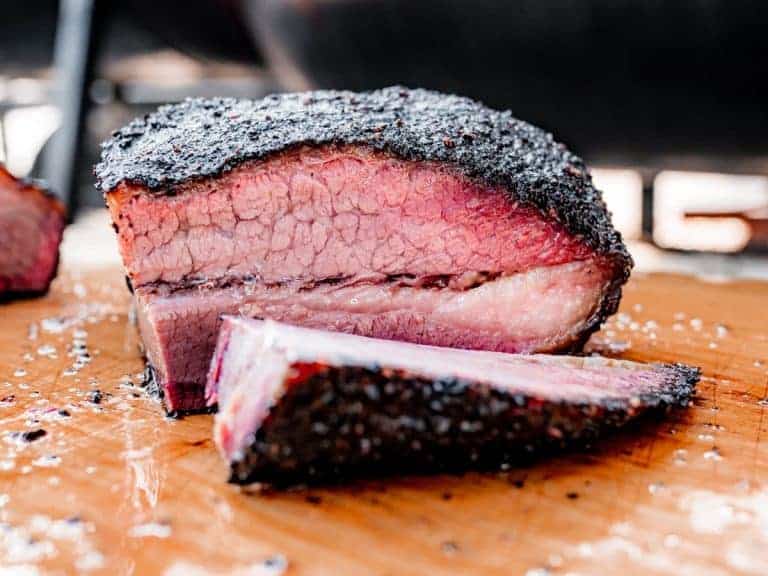 American Barbecue wins a Michelin star for the first time in history
American Barbecue wins a Michelin star for the first time in history